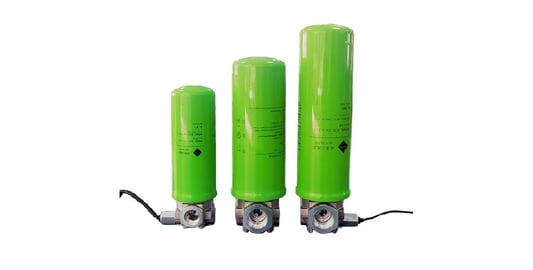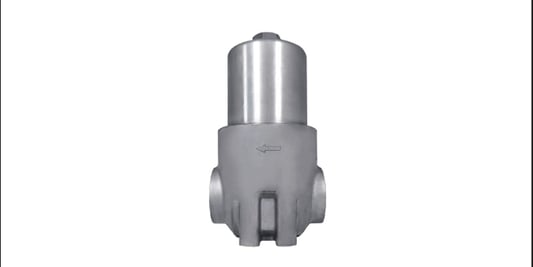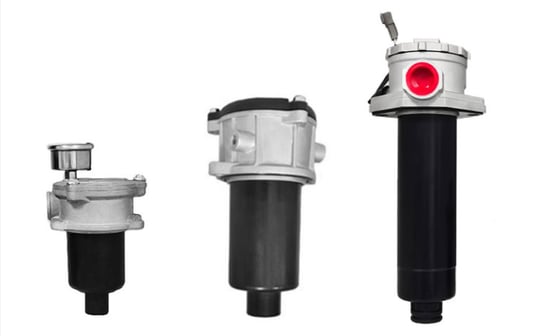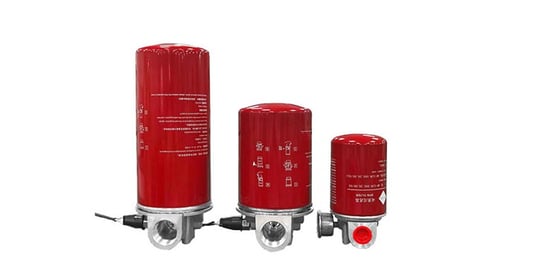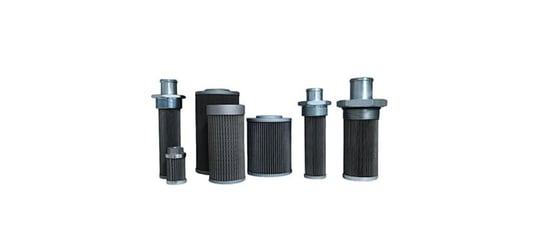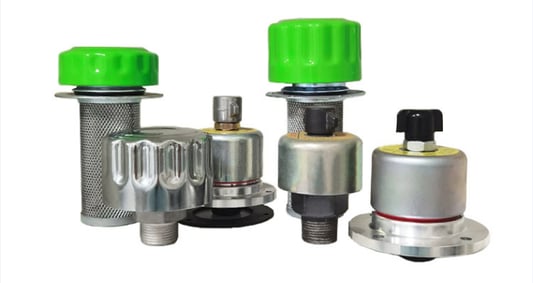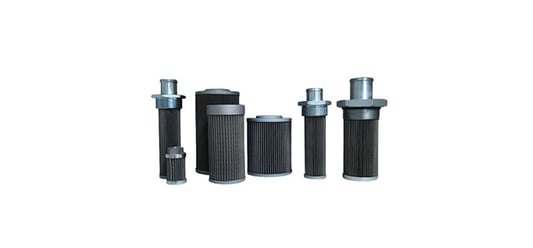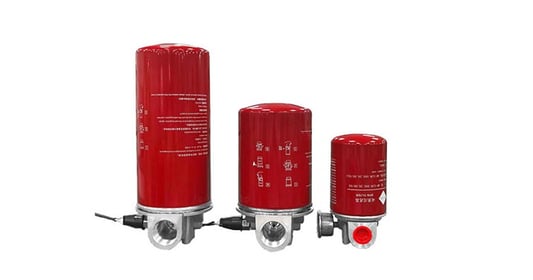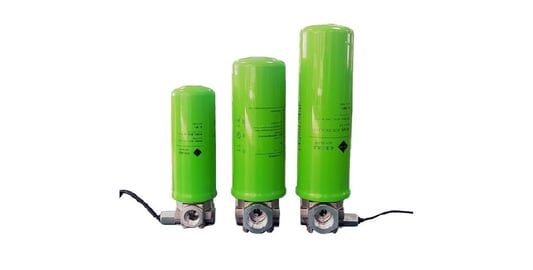Taking effective measures to extend the service life of the filter is the key to reduce the production maintenance cost and ensure the production quality. High efficiency filters are an important part of the industrial environment, used to maintain the cleanliness of the air, so as to ensure the accuracy of the production process. The following will explore in detail the various ways to extend the life of the filter:1. Clean regularly of the filter(1) Regular maintenance: Regular cleaning of the filter is the most basic and most important step to maintain its good working condition. By removing the dust and dirt accumulated on the surface of the filter material, its filtration efficiency can be effectively restored, thereby extending its service life.(2) Cleaning methods: Appropriate cleaning methods and materials should be used to avoid damage to the filter material.2. Set running parameters properly(1) Wind speed and temperature and humidity control: the correct setting of operating parameters such as wind speed, temperature and humidity can avoid premature wear caused by excessive load. According to the specific application environment, adjust these parameters to make the filter work in the best state, which can significantly improve its operating efficiency and life.(2) Adjust the filtration speed: according to the actual air quality situation, timely adjust the filtration speed, which can reduce the excessive dust accumulation of the filter material and extend its service cycle.3. Replace the filter in time (1) Replacement strategy: Formulate a reasonable filter replacement plan to avoid the reduction of purification effect caused by the extended use of filters. Check the working condition of the filter regularly, and replace it immediately once it is found to be seriously blocked or damaged.(2) Preventive replacement: In some occasions with strict air quality requirements, such as pharmaceutical factories or biological laboratories, even when the filter appears to be working normally, it should be replaced according to the specified schedule to prevent potential contamination risks.4. Optimize filter system design(1) Front-end protection: The multi-stage filtration system is used to intercept most of the coarse particles through the pre-filter at the front end, thereby reducing the burden of the high efficiency filter and extending its service life.(2) Improve the air distribution: Optimize the air distribution in the filter box to ensure the uniformity of the air flow and avoid early damage to the filter caused by local excessive concentration of dust.5. Improve device maintenance(1) Professional training: professional training for maintenance personnel to ensure that they understand the working principle and maintenance methods of the filter, and can timely discover and deal with the problems that occur in the operation of the filter.(2) Maintenance records: Establish a sound maintenance record system to track the use status and maintenance history of each filter, which helps to discover potential problems in time and make corresponding maintenance decisions.6. Use a high-quality filter(1) The selection of high standard filter material: the selection of high standard, long life filter material made of filters, although the initial investment is high, but in the long run can greatly reduce the number of replacement, save maintenance costs.(2) Certified products: Priority is given to filter products with relevant quality certification, such as ISO certification, to ensure the reliability of filter quality and performance.In general, extending the service life of filters is a systematic project that requires a series of measures from multiple perspectives. Through regular cleaning and maintenance, reasonable setting of operating parameters, timely replacement of damaged filters, optimization of system design, improvement of equipment maintenance level, selection of high-quality filter products, the use of automation systems and control of the use of the environment, the service life of the filter can be significantly improved, so as to ensure the cleanliness of the production environment, improve production efficiency and product quality.Quote InquiryContact us!


